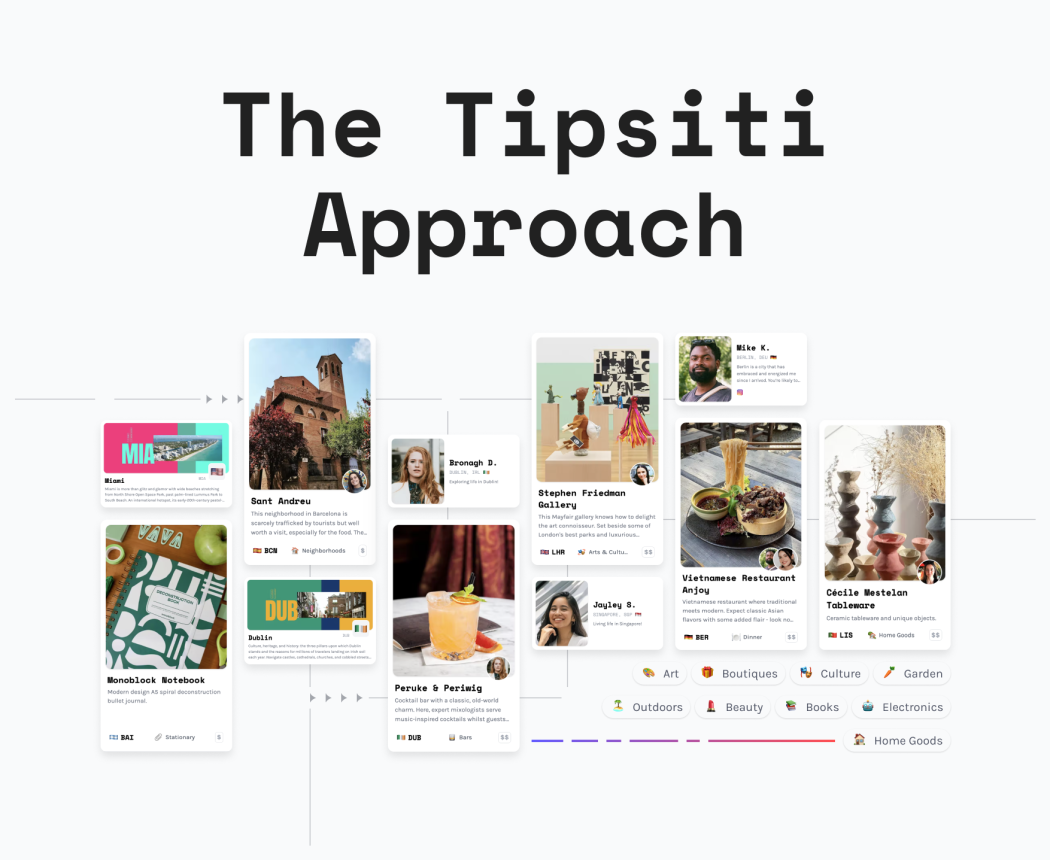How Guest Data Improves Hotel Sales
Guest data is a game-changer for hotels, offering insights that simultaneously enhance the guest experience and drive revenue growth. Ultimately, understanding guests is an industry imperative. Harnessing this knowledge can significantly improve hotel sales by optimizing marketing efforts, driving targeted sales, fine-tuning revenue management, and enhancing overall guest satisfaction.
Optimized Marketing and Engagement
Guest data empowers hotels to refine their marketing efforts and engage guests effectively. Data-driven marketing campaigns take center stage, leveraging insights into guest preferences, demographics, and past behaviors to craft messages that truly resonate. Personalization subsequently becomes more than a buzzword – it's a tangible strategy that addresses guests by name and offers promotions and packages tailored to their interests and past booking history. This level of personalization captures attention but also drives higher conversion rates, translating into a direct boost in sales.
Targeted Upsells
Upselling remains a core strategy for hotels looking to boost revenue. By understanding guest preferences, hotels can take a more targeted approach to upselling – from suggesting room upgrades and spa packages to dining experiences and organized tours that align precisely with individual tastes. Additionally, maintaining an understanding of the purchasing trends of guest demographics allows hotels to implement promotional marketing with increased conversion probabilities. Leveraging guest data in this way significantly increases upsell acceptance rates. Tailored add-ons, such as late check-outs, in-room amenities, or recreational activities, can be presented to guests in a way that feels thoughtful and aligned with their preferences, thereby maximizing revenue without sacrificing guest satisfaction.
Revenue Management and Pricing Strategies
Effective revenue management is crucial for optimizing pricing and maximizing revenue potential. Tapping into guest data is pivotal, empowering hotels to anticipate demand trends and make informed pricing decisions, such as adjusting room rates in real-time based on factors like occupancy rates, special events, seasonal trends, and even weather forecasts. The result is a dynamic pricing strategy that captures demand surges while offering attractive rates during low-demand periods. The net effect? Increased sales, improved revenue, and a more efficiently managed property.
Hotels can also leverage demographic data to tailor pricing strategies for varying market segments. This segmentation guides pricing decisions, ensuring that different groups receive offers that match their expectations and preferences.
Read more about the types of data useful in hospitality.
Inventory Management
Inventory management may not be the most glamorous aspect of hotel operations, but it's critical for avoiding overbookings or underutilizing hotel resources. Guest data provides insight into the demand for amenities and allocation of rooms, allowing hotels to adjust accordingly. This proactive approach reduces the chances of guest dissatisfaction and optimizes a hotel’s resources for success. Furthermore, real-time inventory updates, made possible by monitoring guest arrivals and departures, allow hotels to optimize inventory management. This practice ensures that rooms are readily available for last-minute bookings, maximizing occupancy and sales.
The Bottom Line
Guest data is more than a collection of numbers; it's a foundation for successful hotel sales strategies. Leveraging information allows businesses to optimize marketing and engagement efforts, target upsells to relevant demographics, refine revenue management, streamline inventory management, and craft personalized pricing strategies. These practices are essential in achieving growth and maximizing revenue.
